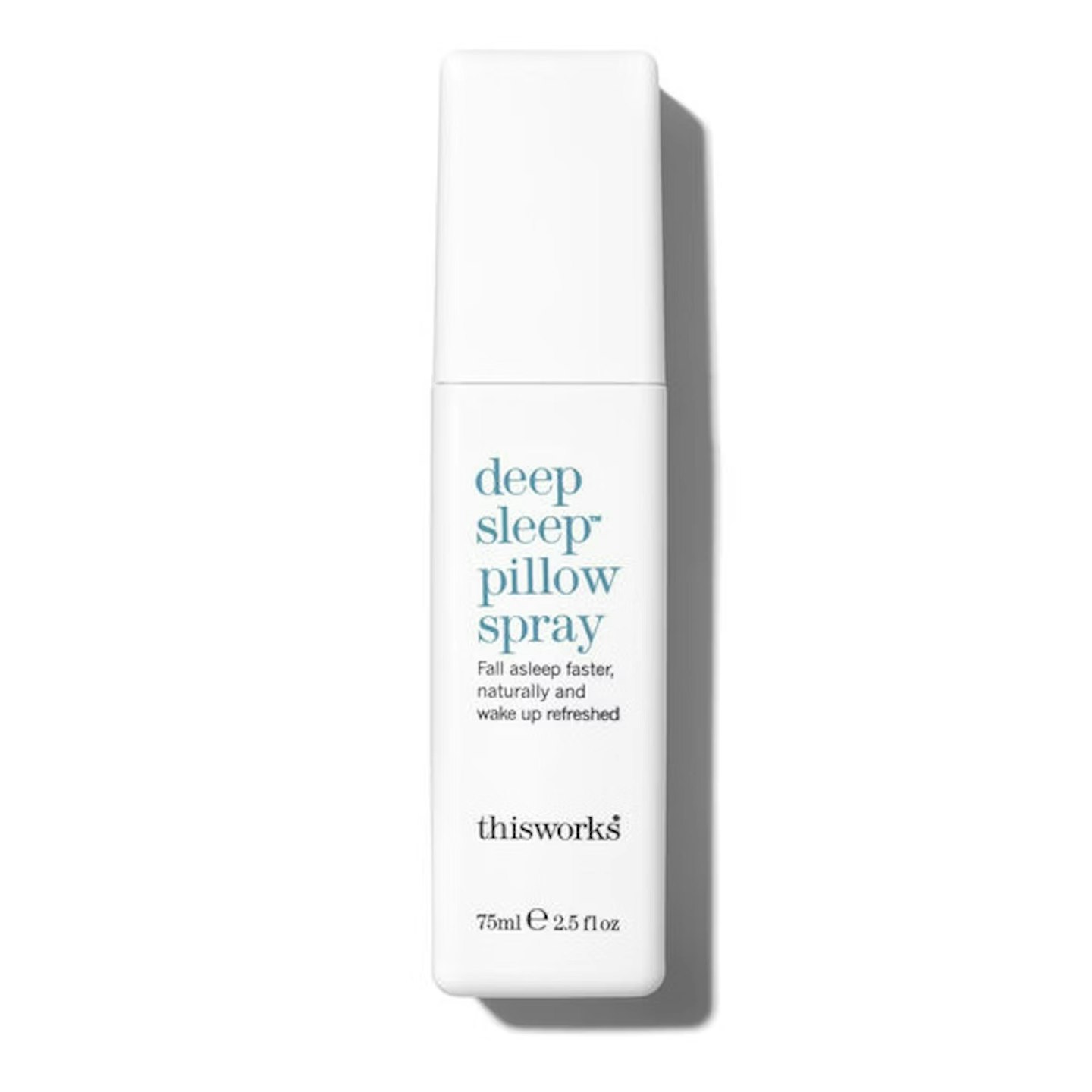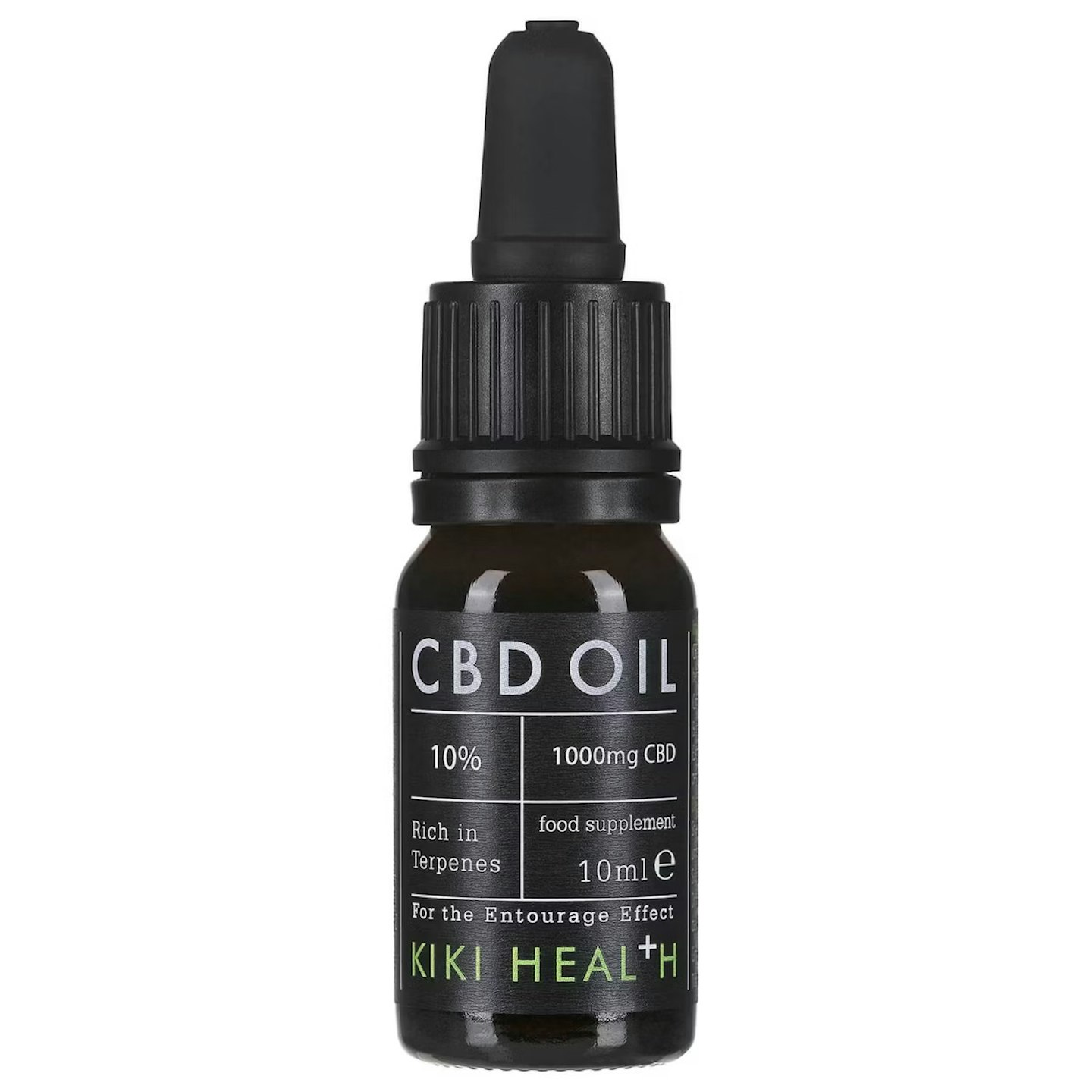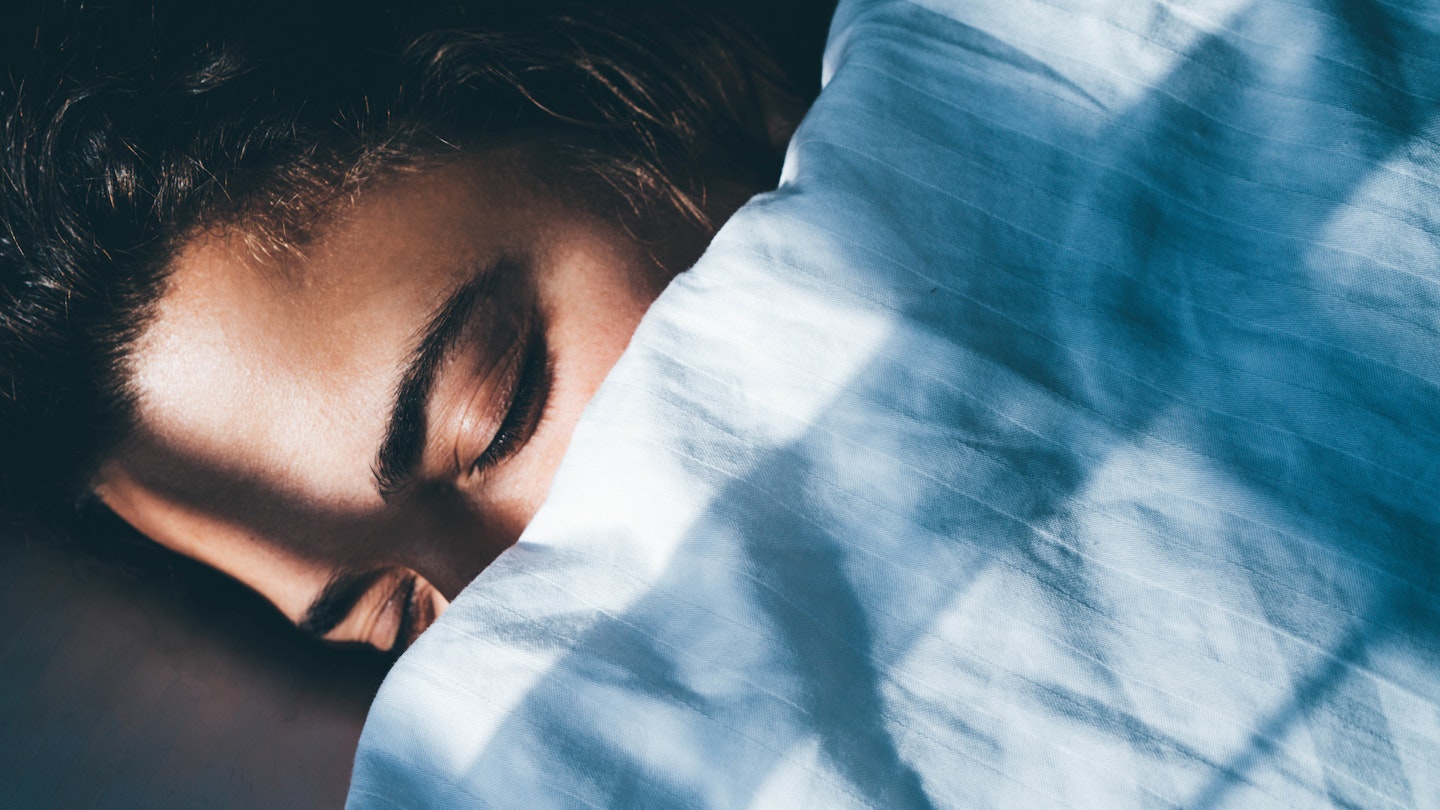If the winter blues are preventing you from getting into swing of things, you're not alone. While we often plan to hit party season running, the first couple of weeks of December can feel more like you are clawing to that Christmas themed finish line. No matter how good are intentions are – waking up ahead of 7am to travel to work feels a lot harder during this time of year. In fact, it's been reported that up to 40% of Brits suffer from sleep deprivation, leaving us tired and lethargic.
The good news is, you can reset your body clock to get out of your slump and it won't actually take as long as you think. Martin Seeley, the CEO and sleep expert at MattressNextDay, has revealed that there's a science-backed way that you can reboot your system if you're feeling sleep deprived.
So if you've been struggling to sleep or get up with a bounce recently, keep reading. It takes just three-days to reset your sleep cycle and here's exactly how you can do it:
How To Reboot Your Sleep Cycle: An Expert Guide
Day 1: Saturday
Complete a 30-minute workout in the morning
Not what we want to hear when we're already feeling tired, sure, but bear with. 'Exercising is shown to improve your sleep quality and duration of sleep, whilst a healthy sleep cycle ensures more strength and endurance when working out,' says Martin. Why not try a low-impact pilates session when you first wake up. Failing that, go outside for a brisk stroll. We're not saying you have to hit the weights section at the gym, or do splits on the treadmill.
Drink at least 2 litres of water today for an energy boost
We hear it all the time, but keeping hydrated really is key. 'Not only does keeping hydrated boost your energy but your metabolism, too. Even mild dehydration can leave you feeling sleepy and tired, whilst negatively disrupting your mood,' says Martin.
Tweak your lighting throughout the day
'Light is the most important external factor affecting sleep as it plays a central role in regulating our body’s internal clock, otherwise known as our circadian rhythm,' explains Martin. 'This signals when to be alert and when to rest, so you should expose yourself to some natural sunlight throughout the day,' Martin continues, 'then when the sun starts to wind down in the afternoon, start dimming your lights so that by the time you get to bed, your bedroom is pitch black.'
If you’re struggling to sleep, try this five-minute hack
If you're lying awake in bed tossing and turning, give this a go. 'Known as the Cognitive Shuffle, you should list random items in your head that are easy to visualise, non-threatening and not directly related i.e. potatoes, Tarzan, a violin,' says Martin, 'this will tire your brain out and stave off any overthinking sessions that may hinder or disrupt your sleep.'
Day 2: Sunday
As soon as you wake up, open your curtains
Up and at 'em! 'Being exposed to the bright light signals your brain to stop producing the sleep hormone, melatonin, which makes you feel drowsy,' says Martin.
Go for a walk to increase your vitamin D intake
We're all lacking vitamin D around this time of year, but even on the gloomiest of days – exposure to natural light does help. 'Just 10 minutes spent in the sun can boost your serotonin and stop you from feeling sleepy and sad,' says Martin, 'however, try and go for a walk that lasts as long as possible as the more you tire yourself out, the easier you’ll find sleeping that night.'
If you do need to nap, do it the right way
'You should only sleep for between 10-20 minutes as anything longer than 30 minutes can risk feeling groggy as your body will have entered a deep sleep cycle,' explains Martin. 'Also, make sure to time your nap right. As your alertness naturally dips in the afternoon, you should pay attention to when you start to feel drowsy and nap straight away (if possible). Make sure this is more than 8 hours before your bedtime though, as it could impact your sleep if not.'
Swerve alcohol
Oncoming Dry January goers have the right idea. 'If you have the Sunday sads about going back to work, you may be tempted to have a drink, however, it helps to refrain from doing this,' suggests Martin. 'Whilst alcohol can make you feel sleepy due to its sedative properties, it lowers your sleep quality. Research shows that people who drink before bed are likely to experience disruptions later in their sleep cycle and can lead to excessive daytime sleepiness the following day.'
Day 3: Monday
Eat breakfast to give yourself an energy boost
'Research repeatedly shows that your diet and sleep quality are linked, so you should never skip breakfast as it plays an important role in your wakefulness,' explains Martin. 'Try to stick to a balanced breakfast that is high in protein and healthy fats for an energy boost, think eggs, plain, lean meat, avocado.'
Never drink coffee five hours before bed and stick to two coffees max
'Whilst caffeine can provide a short-term energy boost, it takes an average of five hours to eliminate half the amount of consumed caffeine – so keep this in mind.'
Create a winding-down routine to reduce your stress hormone
'When you’re stressed, your body produces more of the stress hormone, cortisol. The higher the cortisol, the more awake you feel – that is why it’s important to have a winding down routine at night. This could include yoga, stretching, meditation, deep breathing, or a hot bath – as all are proven to help you relax.' The key to a good night's sleep? Up your self-care.
Play rain sounds to help you sleep more soundly
'Steady rainfall noises help lure the brain into falling asleep as they are predictable, calming, stable, and non-threatening and can block outside noises – making them the perfect sound to fall asleep to.' Try an app like Calm or Rain Rain – which offers plenty of white noise, rain and other comforting background noises to doze off to.
Shop: Your Good Night's Sleep Essentials

www.spacenk.com
This cult classic pillow spray has stood the test of time because it truly works. Formulated with a natural blend of essential oils, it helps you drift off soundly. Awaken relaxed and refreshed, ready to face the day.

www.cultbeauty.co.uk
Block out any distracting light without disturbing your eyes or lashes with this clever sleep mask. Contoured pockets allow you to open your eyes, so you don't feel like you're weighted down. It's like a blackout blind for your eyes.

Treat yourself to a luxurious pre-slumber soak with this nourishing bath foam. Containing 11 of the purest possible essential oils including chamomile, ylang ylang and cedarwood, it expertly helps you unwind and prepares you for sleep.

www.johnlewis.com
A good quality CBD oil can help elevate feelings of anxiety and encourage a well rested night's sleep. This one from Kiki Health is beauty journalist approved – plus, it's massively discounted in the January sales, win win.
Chloé Burcham is a freelance health & beauty editor.

